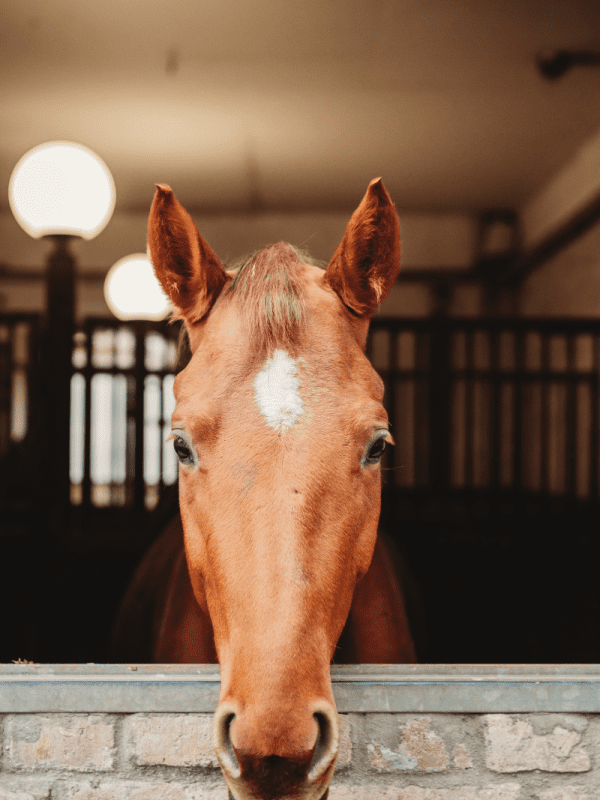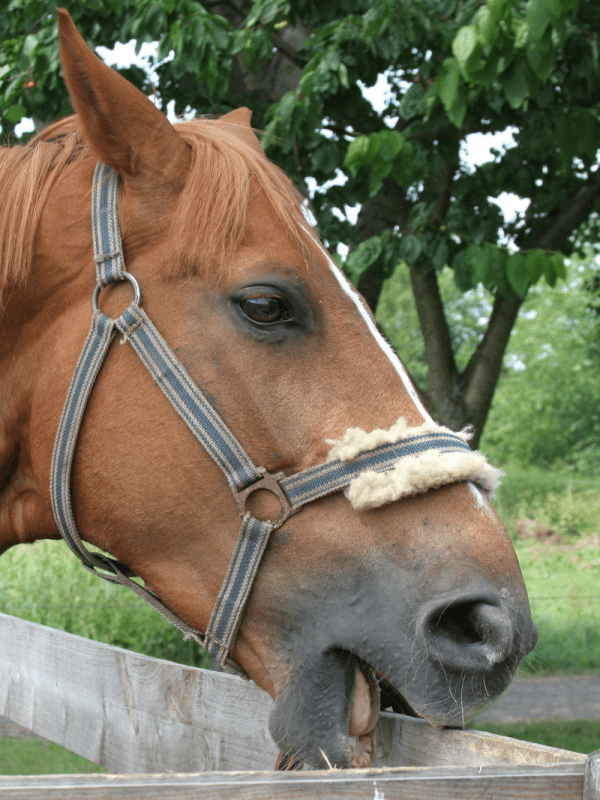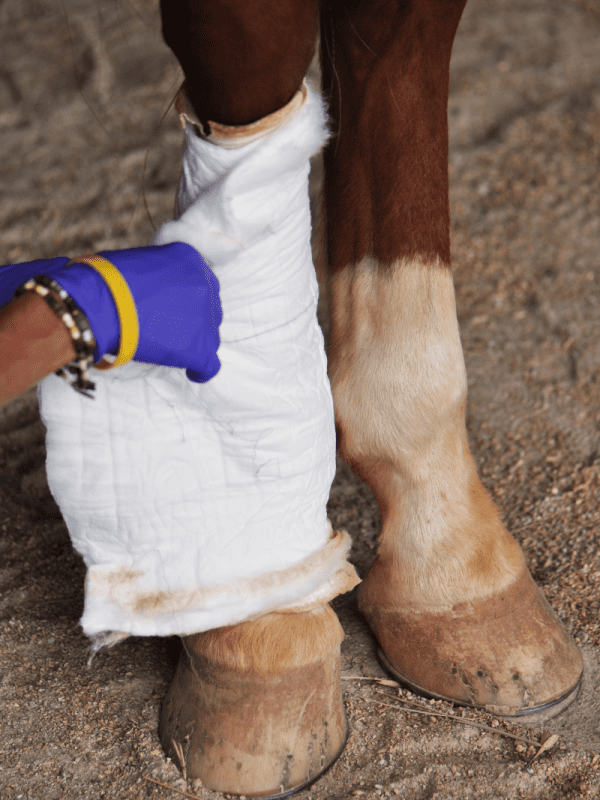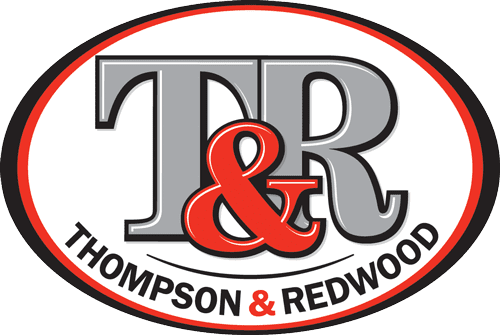
13 Nov How to feed a sick or injured horse
With Nutritionist Jill Davies
An injured or sick horse is something every horse owner dreads. Injury and illness can come in many forms and with different severities, but it often leads to a period of stable rest, and for ridden horses, time off from training and riding. So how can you get your horse back to full health again? While you’re working with your vets and practitioners to rehabilitate them, you should also be thinking about their nutrition.
The nutritional demands of a sick or injured horse are different to those of a normal, healthy horse. Adapting your horse’s diet and management is essential for keeping your horse manageable while on stable rest. Providing good nutritional support also helps to aid healing and gives your horse the best chance of a speedy recovery.
So what are some of the key things you need to take into account when feeding your sick or injured horse, to help them recover?
- Accommodate their injury or illness
- Focus on forage
- Feed to promote healing
- Watch out for their weight
- Support normal intestinal function
- Provide extra supportive care
- Try to prevent boredom
- Keep vitamins and minerals
Accommodate their injury or illness
So, your horse is sick or injured, and the vet has done their diagnosis and initial treatments. What next? Your vet will often recommend the next step for managing their recovery. In many cases this involves stopping riding and training, confinement to a small paddock, or even putting them on stable/box rest, which could be for a short or long time!
If your horse has a leg or neck injury, little things like reaching for buckets on the floor might be painful for them. This means it could be a good idea to raise feed and water buckets to make your horse more comfortable.
For a horse with a leg or neck injury, little things like reaching for buckets on the floor might be painful for them. This means it could be a good idea to raise feed and water buckets to make your horse more comfortable.
If your horse has issues with mobility or lameness and you want to decrease their movement, keep their water and their feed close together.
MAKING CHANGES TO FEEDS
It’s always important to make any changes to feeds slowly, but this can be hard when a horse has suddenly become ill or has injured themselves. Do what you can to keep their feeds consistent, and make any changes over the recommended 14-21 days.
The exception to this would be for medical reasons like in a laminitic episode, where you need to cut the grain out quickly.

FOCUS ON Forage
When it comes to feeding a sick or injured horse, focus on forage! Forage should be provided on an ad-libitum basis or at least at 1.5% of your horses or ponies bodyweight, to help avoid boredom and the risk of the developing behaviours like weaving, wind sucking or crib biting.
Make sure the horse is able to trickle feed to help to keep stomach acid secretions neutralized by continual supply saliva production, which will help to reduce the risk of ulcers developing.
While providing lots of forage is preferred, if your ponies or horses are good-doers this can exacerbate their weight issue, especially if they’re not getting worked. So rather than just leave your horse or pony for long periods with nothing to eat, you have to use a little bit of creativity to find ways of slowing down and hopefully reducing your pony or horse’s fibre intake, all while extending their eating time AND increasing the saliva production!
Some Ideas could be:
- Replace some of your horse’s hay with Super Fibre Cubes or Hay Cubes in a treat ball – watch out for low flying treat balls when they are empty – they hurt!!
- Double or triple netted small hole hay nets can slow down hay consumption. But you still need to make sure they are eating the correct amount in kg per day for their body weight.
- Hang hay nets in the stable so they hang freely and it’s tough for them to grab a bit. If they can can be pushed up against the stable wall, it makes hay consumption easier & faster!
- Split hay into several hay nets placed around their stable
- Supplement some of the hay for a lower calorie chaff e.g. rhodes or lucerne green mix
- Hide some high fibre cubes or hay cubes in their hay net
Feed to Promote healing
Whatever your horse’s injury, antioxidants & high-quality protein are essential for healing and repair. Remember, quality and not quantity of proteins is what matters! Providing high quality protein helps to maintain muscle mass and extra B-vitamins stimulate your horse’s appetite.
Amino acids are the building blocks of protein. A horse can make around half of these amino acids themselves but the rest must be provided by their diet.
Lysine (Limiting Amino Acid)
Essential Amino Acids must be provided in the horse’s diet because they cannot be synthesized in the body. Lysine is commonly considered a limiting amino acid – an essential amino acid likely to be present in the diet in the lowest amount.
If limiting amino acid amounts are not adequate, protein synthesis won’t be able to proceed normally. While extreme Lysine deficiencies are highly unlikely with common diets, even small deficiencies can make a difference between adequate & good muscling.
Recent research has confirmed Lysine is an important limiting amino acid for growth and ‘repair’ -which is really important for sick or injured horses. Equine diets containing at least 4.3% of their crude protein as Lysine support the same weight gains/growth when fed lower levels of total crude protein. Why? Because of the more efficient utilization of the other amino acids in the body.
Watch out for weight
A common problem for sick or injured horses is maintaining a healthy weight. It can go both ways, the decrease in activity can mean good-doers gain weight. On the other end of the spectrum, illness and injury can lead to decreases in appetite and weight loss. So how do you ‘balance the scales’?
Reduce calorie intake not forage intake
A sudden decrease in your horse’s activity levels means they need to eat fewer calories. If grain or calorie intake is not reduced your horse may be at risk of rhabdomyolysis (or tying-up), and weight gain and will be less likely to settle into their new routine. As a general guideline the quantity of hard feed should be reduced by half; your horse will obtain most of the calories they need from their hay or haylage.
Hard Feeds relying on cereal grains to provide their energy can often be ‘heating’ or lead to excitable behaviour in stabled horses. If your horse needs a higher energy intake to help maintain body condition whilst they are sick or injured, the use of oils or high fat supplements can be used.
Make sure you introduce any changes slowly over 21 days to full amount to allow gut flora get used to having fats/oils in their diet. You can also supplement with extra amounts of important anti-oxidants like Vitamin E and Selenium to support optimal immune function.
Trying to maintain weight and muscle condition
Horses that have a reduced appetite can struggle to maintain weight. It can be especially hard to return them to a healthy weight if they lost a large amount of weight due to their illness.
For horses which struggle to maintain weight or who have a reduced appetite, providing a small concentrated hard feed like a feed balancer can be a good option. This means they can get a the nutrition they need in small doses. Feed in conjunction with a high fibre feed or chaff.
Support normal intestinal function
Placing your horse on box-rest can disrupt your horse’s normal intestinal movement and bacterial population. It is essential to manage your horse’s transition to box-rest carefully to ensure their gut keeps functioning as normal.
Maintain fibre intake with ad-lib forage & chaff. For example, Lucerne or Rhodes Chaff added to their hard feed can help keep things moving, as can introducing feeds like soaked Beet Pulp, Lupin Hulls or Soya Hulls. You can also spread their concentrate feeds between several small feeds, and this can help keep them occupied throughout the day too.
If you are worried, the addition of pre and probiotics can help with maintaining hindgut function and pH. Supplements like these, and digestive support supplements can also help if your horse has been on medication or antibiotics, which can have a negative effect on gut flora.
Don’t forget to make any changes gradually!
PROVIDE EXTRA SUPPORTIVE CARE
Box-rest can place additional stresses on your horse’s body. Being confined to their bedroom can increase the amount of dust and spores that your horse breathes in. Soaking hay for 30 minutes will reduce its levels of spores and dust. Try to use dust-free bedding and ensure your horse’s stable is well ventilated to promote respiratory health.
Regular massage can stimulate blood flow to your horse’s muscles and can help maintain condition. Stretches are also beneficial but may not be appropriate so you should always check with your vet first.

Try to Prevent Boredom
We all know long periods of being sick in our beds can be boring and our horses are just the same. Boredom can lead to stereotypic behaviour like crib-biting, weaving and box walking, which in turn can have an adverse effect on your horse’s health and recovery.
Giving lots of access to hay and fibre can help with boredom, and feeding ad-lib (as much and as often as required) is recommended. If your horse needs to lose weight, and only when they need to lose weight (or eat way too fast), you can use small-holed hay nets to make the hay last longer.
If you are finding hay left in hay net it does not mean your horse is eating enough hay per day to maintain good gut health and function.
Another good boredom buster for horses is hanging vegetables like carrots or turnips on a string in their stable.
Horses are herd animals and having a companion next door can help them stay happy during this time. Most horses also enjoy the company of their owners, so regular grooming and attention can help alleviate stress.
Vitamins and minerals
It’s important to make sure that sick or injured horses are receiving the correct levels of vitamins, minerals and antioxidants from their feed. The inclusion of these becomes even more relevant when a horse or pony is injured or sick, and for those that may have had a bout of laminitis.
So why is it even more relevant at these times? Well horses and ponies that are sick or injured are under a certain amount of metabolic stress, which can in turn affect the rate of repair and renewal of cells and tissues. Plus, it adds more pressure to their (in some cases) compromised immune systems
Vitamin E
The vitamin your horse or pony will most likely need supplementation of is Vitamin E. Why? They normally get their Vitamin E from fresh pasture and hay (that is under a few months old).
So a horse with no or severely restricted access to pasture can benefit from supplementation with vitamin E, which has also been proven to help maintain a healthy immune response. If you are feeding powdered Vitamin E, it’s recommended to mix it with a fat source. This is because it is a fat soluble vitamin and to make sure it gets to the brush borders of the cell for absorption.
Quantity
While it is vital your horses diet contains the correct amounts of vitamins & minerals, do not think more is necessarily better. Excesses of certain trace elements (e.g. Iodine & Selenium) and fat-soluble vitamins (e.g. Vitamin A & Vitamin K) can be toxic in large doses. When altering the amount of one nutrient in your horses or ponies’ diet it can have a negative impact on the absorption of others. To avoid the risks of over supplementation of vitamins and minerals for your horse just ask! Most equine nutritionist won’t bite if they are well caffeinated or have a constant supply of chocolate. Don’t just ask Doctor Google.
Hydration
A horse which has previously been out grazing on pasture, which has a high moisture content, will have to cope with a sudden change to a predominantly hay or haylage based diet. Hay and haylage is low in moisture and higher in dry matter, which can see a reduction in digestibility. If not managed correctly it could lead to impaction colic.
Therefore, it is important to make sure your horse’s water intake is more than adequate. Water intake can be helped by soaking their hay or by feeding other high moisture, soaked feeds e.g. Beet Pulp, Soya Hulls or Lupins hulls, or high fibre cubes (making sure they are low in starch & sugar!).
If your horse is on box rest during winter time, be aware that water consumption does reduce when it’s colder. It might be a good idea to offer a bucket of warmed or flavoured water to help increase water intake and avoid dehydration.
Remember if your horse has a leg or neck injury, reaching for buckets on the floor might be painful. This means it could be a good idea to raise feed and water buckets can make your horse more comfortable
In summary
Suddenly having a sick or injured horse can be a worrying time. Don’t hesitate to pick up the phone to ask for help and advice about the best method or tried and tested ways of making sure things go as smoothly as possible.
In cases of specific illness, like after colic surgery, liver disease, laminitis and/or Cushing’s Disease, always work with your vet and speak to a qualified equine nutritionist about a suitable diet.
If you need help, don’t hesitate to get in contact with us, and we’ll get our nutritionist team to assist.




No Comments